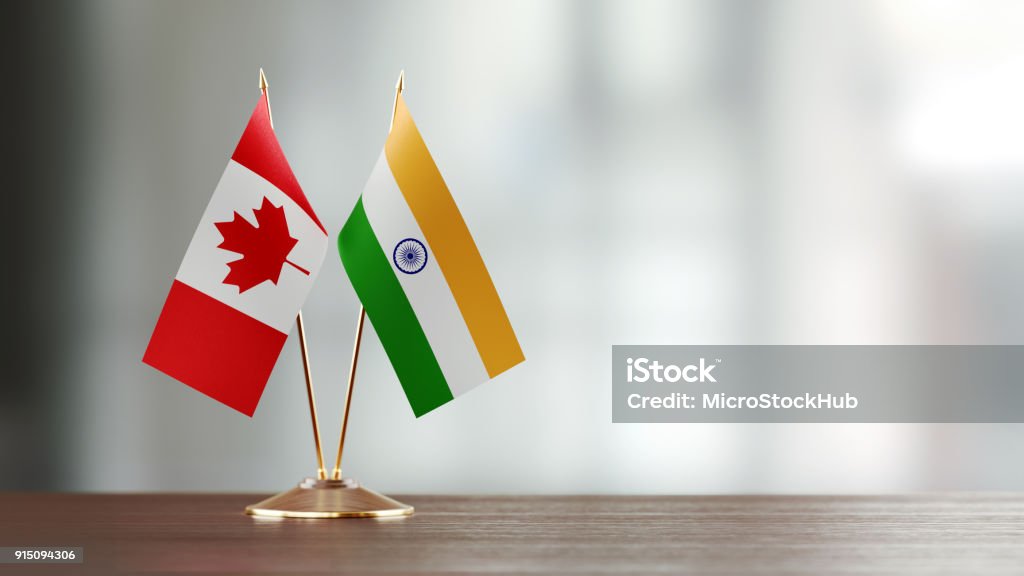Mannat Saini, Pune
The relationship between Canada and India has worsened following Prime Minister Justin Trudeau’s accusation that New Delhi orchestrated the assassination of a Sikh separatist leader in British Columbia. This diplomatic standoff poses a threat to the economies of both the countries.
A preliminary trade agreement that was proposed is now at risk, which could potentially harm India’s endeavors to attract Western nations and establish itself as an alternative supply chain to China. Furthermore, India’s access to Canadian potash, a vital crop nutrient, may be impacted.
Following New Delhi’s issuance of a safety advisory regarding “anti-India” activities in Canada, there is a possibility that Indian students might reconsider pursuing higher education in the country. This could have an impact on a sector that generates approximately C$22 billion ($16.3 billion) in annual revenue for Canada.
In a tit-for-tat escalation, both nations have already expelled senior diplomats from each other. As security threats increase in India, Canada intends to reduce its embassy staff, while New Delhi has halted the issuance of visas to Canadian citizens.
India heavily relies on imports for its potash requirements and procures a significant amount of this crop nutrient from Canada, the largest exporter worldwide. Given the disruption of trade and expansion plans for Russia and Belarus due to sanctions, the importance of Canadian supplies has grown. The current strained relations between the two countries may have an impact on this aspect as well.
‘Industry officials are concerned that there could be trade restrictions by the governments owing to current tensions between the countries,” stated Senior Vice President of Olam Agri India, Nitin Gupta, a major importer.
Pharmaceuticals, iron, and steel products are among India’s major exports to Canada. The nations were in the early stages of negotiating a trade deal prior to it being put on hold by Canada ahead of the G 20 leaders summit in New Delhi. Indian officials attributed this pause to “political developments.”
The tensions between the two countries were evident at the G-20 summit, where no bilateral meetings took place. However, both leaders engaged in a sideline conversation. It later emerged that Prime Minister Trudeau raised concerns about allegations regarding the murder of a Sikh, to which Prime Minister Modi responded with criticism of Canada serving as a safe haven for separatist groups.
